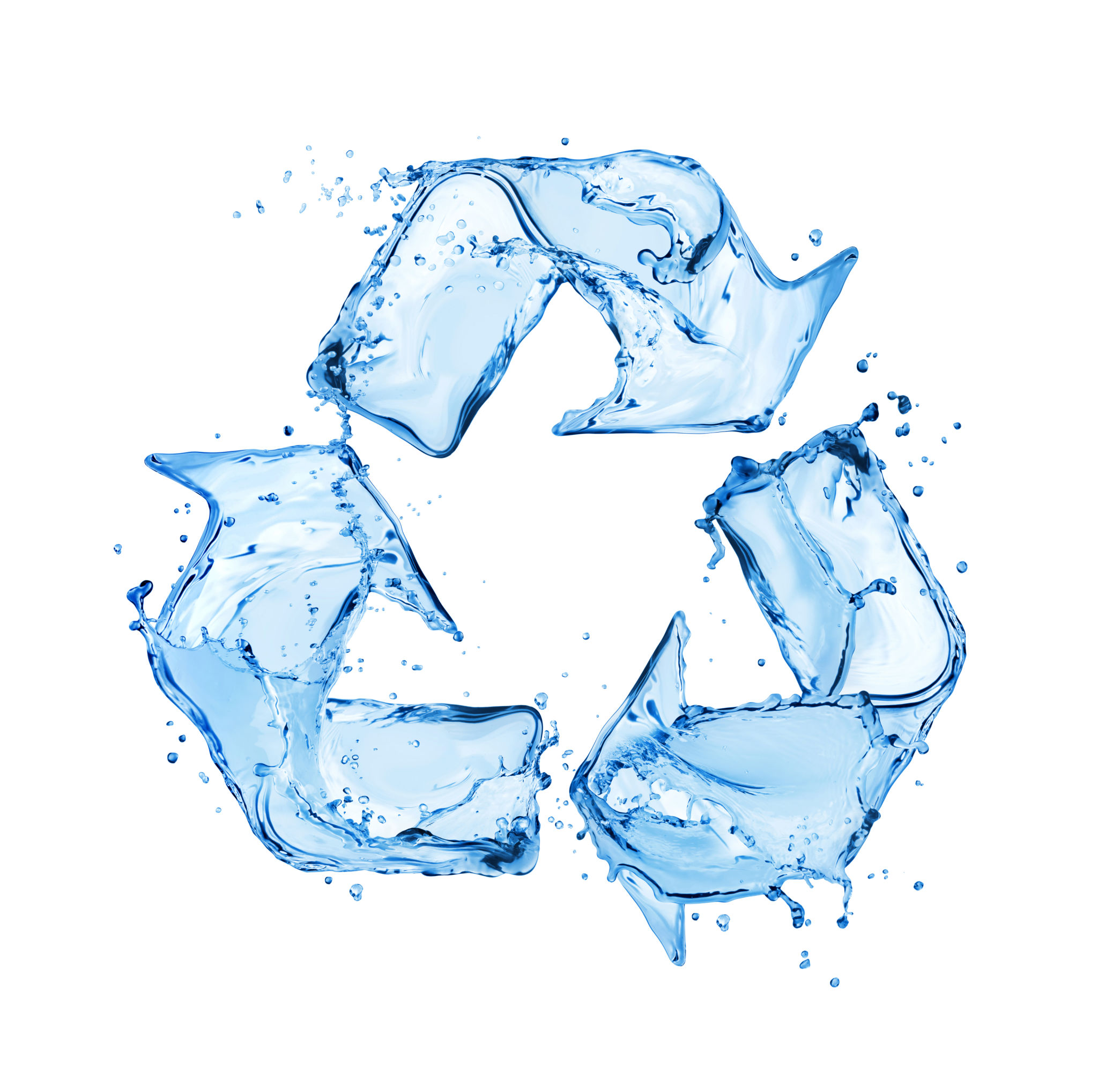The Future of Industrial Water Technologies in Delaware
The Role of Water Technologies in Delaware’s Industrial Landscape
Delaware, known for its vibrant industrial sector, is at the forefront of embracing innovative water technologies. As businesses increasingly prioritize sustainability, water conservation and management have become critical components of industrial operations. Emerging technologies are helping industries in Delaware optimize water usage, reduce waste, and enhance operational efficiency, setting a precedent for sustainable industrial practices.
Industries across the state are leveraging advanced filtration systems, IoT-based monitoring, and recycling technologies to address water challenges. These innovations not only contribute to environmental stewardship but also offer significant cost savings by minimizing water-related expenses.

Emerging Trends in Water Technologies
The future of industrial water technologies in Delaware is shaped by several key trends. Firstly, the integration of smart sensors and the Internet of Things (IoT) is revolutionizing water management. These technologies allow real-time monitoring and control of water usage, enabling industries to detect leaks, optimize consumption, and ensure compliance with environmental regulations.
Moreover, advancements in membrane technology are enhancing water filtration and purification processes. These membranes are designed to efficiently remove contaminants from wastewater, allowing for its safe reuse within industrial processes. This not only conserves freshwater resources but also reduces the burden on municipal wastewater treatment facilities.
Innovative Water Recycling Solutions
One of the most promising developments in Delaware's industrial sector is the adoption of water recycling systems. These systems treat and repurpose wastewater, transforming it into a valuable resource for various applications. By investing in such technologies, industries can significantly reduce their freshwater intake and contribute to sustainable water management practices.

Water recycling not only benefits the environment but also provides economic incentives for industries. By lowering dependency on external water sources, companies can mitigate risks associated with water scarcity and price volatility. Additionally, regulatory incentives and potential cost savings make these technologies an attractive investment for businesses in Delaware.
Challenges and Opportunities
While the future of industrial water technologies in Delaware appears promising, there are challenges that need to be addressed. One major challenge is the initial capital investment required for technology adoption. However, this is often offset by long-term savings and increased operational efficiency.
- Regulatory compliance remains a critical factor. Industries must stay updated on evolving environmental regulations to avoid potential penalties.
- The need for skilled personnel to operate and maintain advanced water systems is another consideration. Investing in workforce development is key to maximizing the benefits of these technologies.

The Path Forward
Collaboration between government bodies, industry leaders, and technology providers will play a crucial role in advancing water technologies in Delaware. By fostering partnerships and sharing best practices, stakeholders can drive innovation and ensure that the state's industrial sector remains competitive.
In conclusion, embracing cutting-edge water technologies presents a unique opportunity for Delaware's industries to lead in sustainability while achieving operational excellence. As these technologies continue to evolve, they will undoubtedly shape the future of industrial practices in the state.
